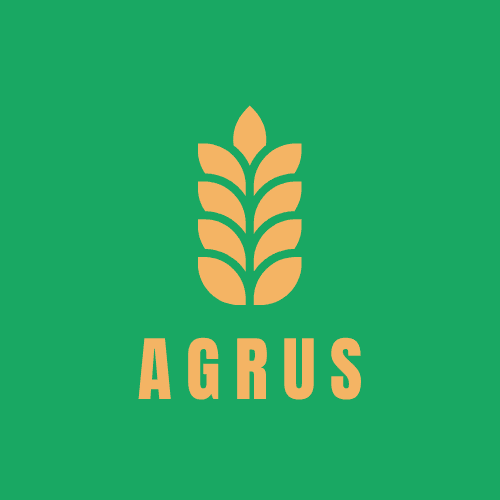Innovative Irrigation Solutions for Sustainable Agriculture in Africa
Introduction to Innovative Irrigation
Agriculture is the backbone of many African economies, providing livelihoods for a significant portion of the population. However, the continent faces unique challenges, including irregular rainfall and climate change, which threaten food security. To address these challenges, innovative irrigation solutions are essential for sustainable agriculture.
Drip Irrigation: A Game Changer
Drip irrigation is emerging as a highly effective method for conserving water while maximizing crop yields. This system delivers water directly to the plant roots, minimizing evaporation and runoff. By using drip irrigation, farmers can increase crop productivity by up to 30% while reducing water usage by 50%. This method is particularly beneficial in arid regions where water is scarce.
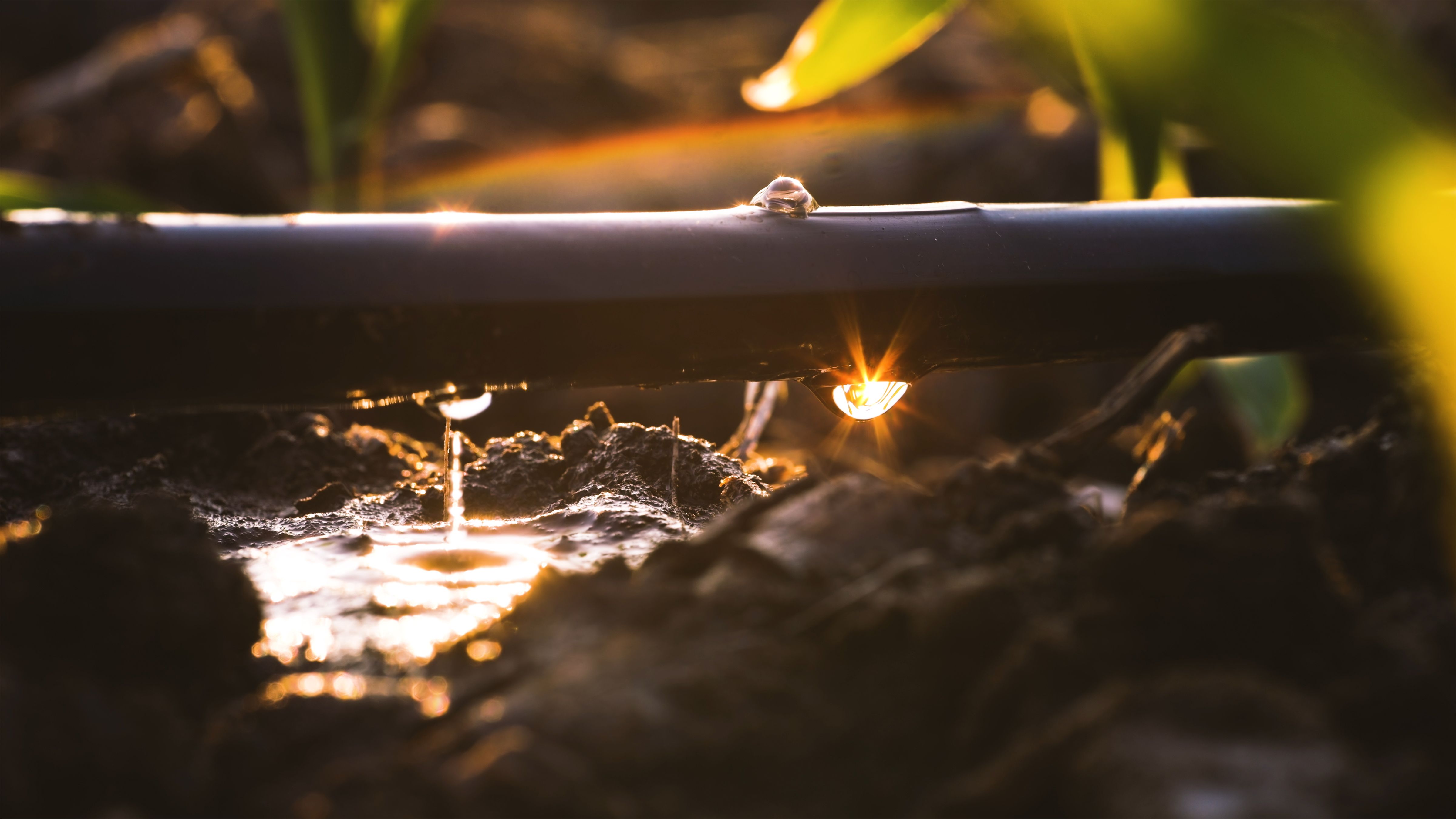
Solar-Powered Irrigation Systems
Renewable energy plays a crucial role in sustainable agriculture. Solar-powered irrigation systems harness the abundant sunlight available in many African regions to pump water efficiently. These systems are cost-effective and environmentally friendly, providing farmers with a reliable water source without the high operational costs associated with diesel-powered pumps.
Moreover, solar irrigation systems empower smallholder farmers by reducing their dependence on erratic energy supplies. This autonomy allows them to plan irrigation schedules more effectively, ensuring consistent crop growth throughout the year.
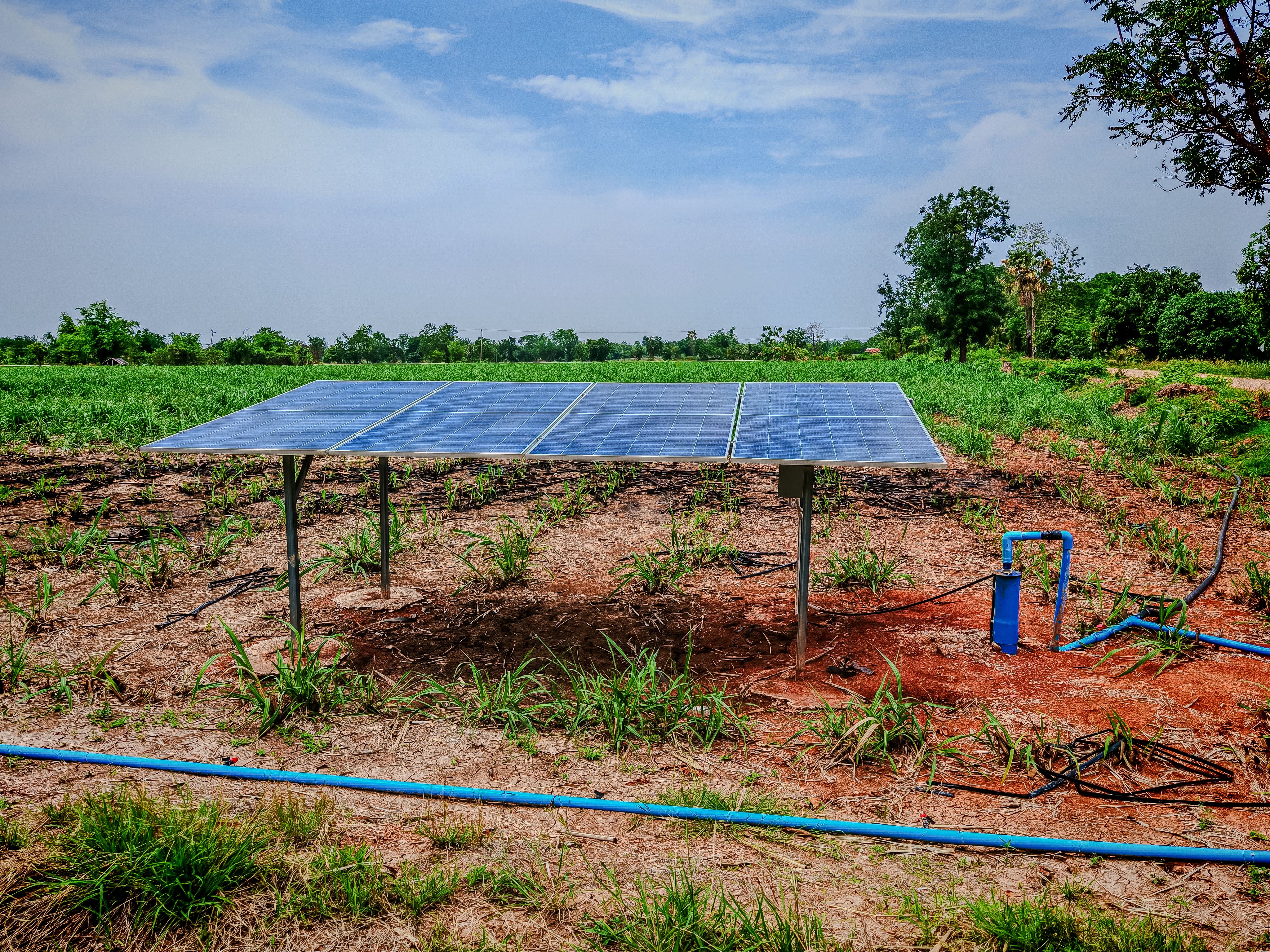
Rainwater Harvesting Techniques
Rainwater harvesting is a traditional yet innovative approach being revitalized for modern agriculture. By collecting and storing rainwater during wet seasons, farmers can secure a supplementary water source for dry spells. This technique enhances resilience against droughts and reduces reliance on external water supplies.
Farmers can employ various methods to harvest rainwater, including rooftop collection systems and surface runoff capture. These methods are cost-effective and adaptable to different scales of farming operations.
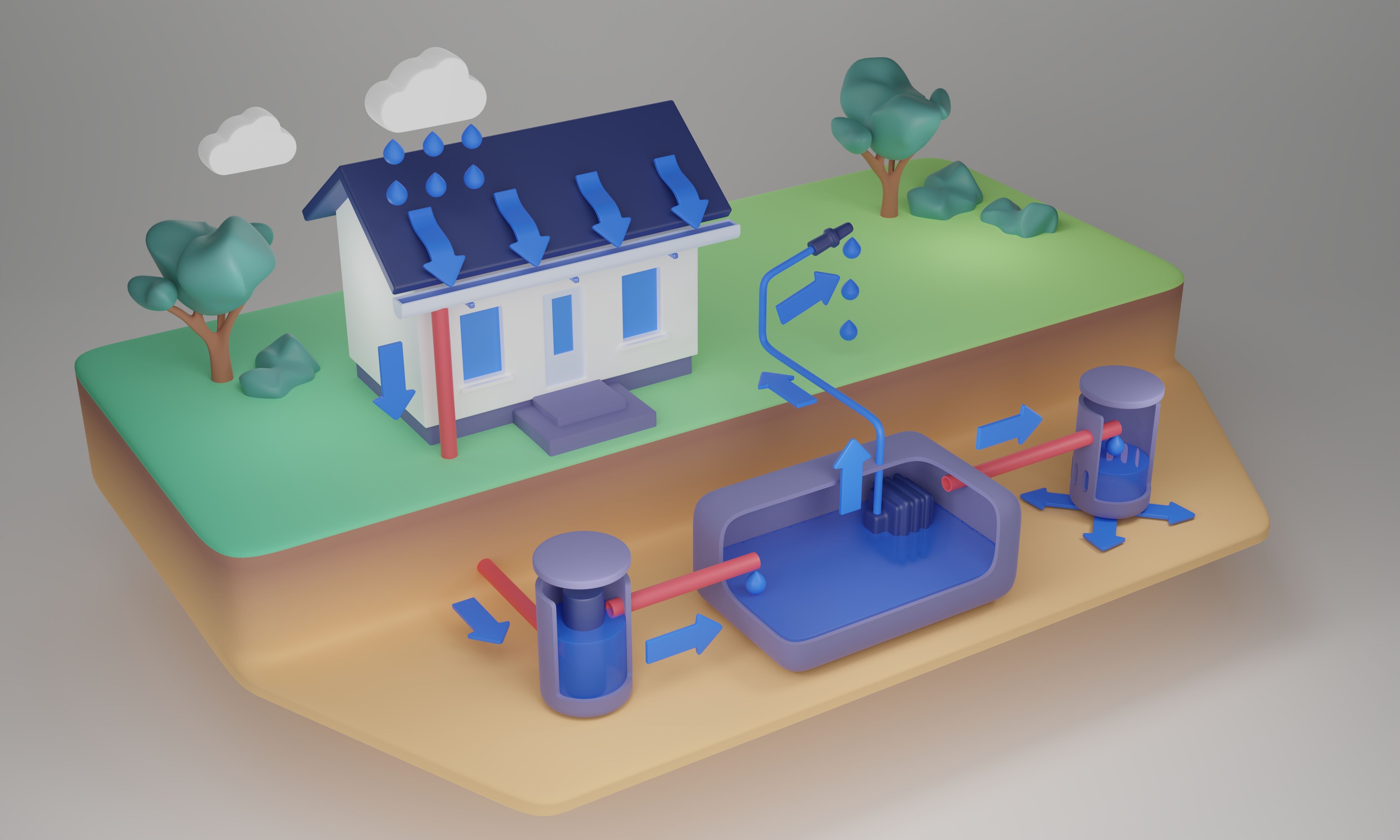
Smart Irrigation Technologies
Advancements in technology are revolutionizing irrigation practices through smart systems. These technologies utilize sensors and data analytics to optimize water usage. By monitoring soil moisture levels and weather forecasts, smart irrigation systems can automatically adjust watering schedules to prevent over-irrigation and conserve resources.
Additionally, mobile applications linked to these systems provide farmers with real-time insights into their fields' conditions, allowing them to make informed decisions about irrigation and crop management.
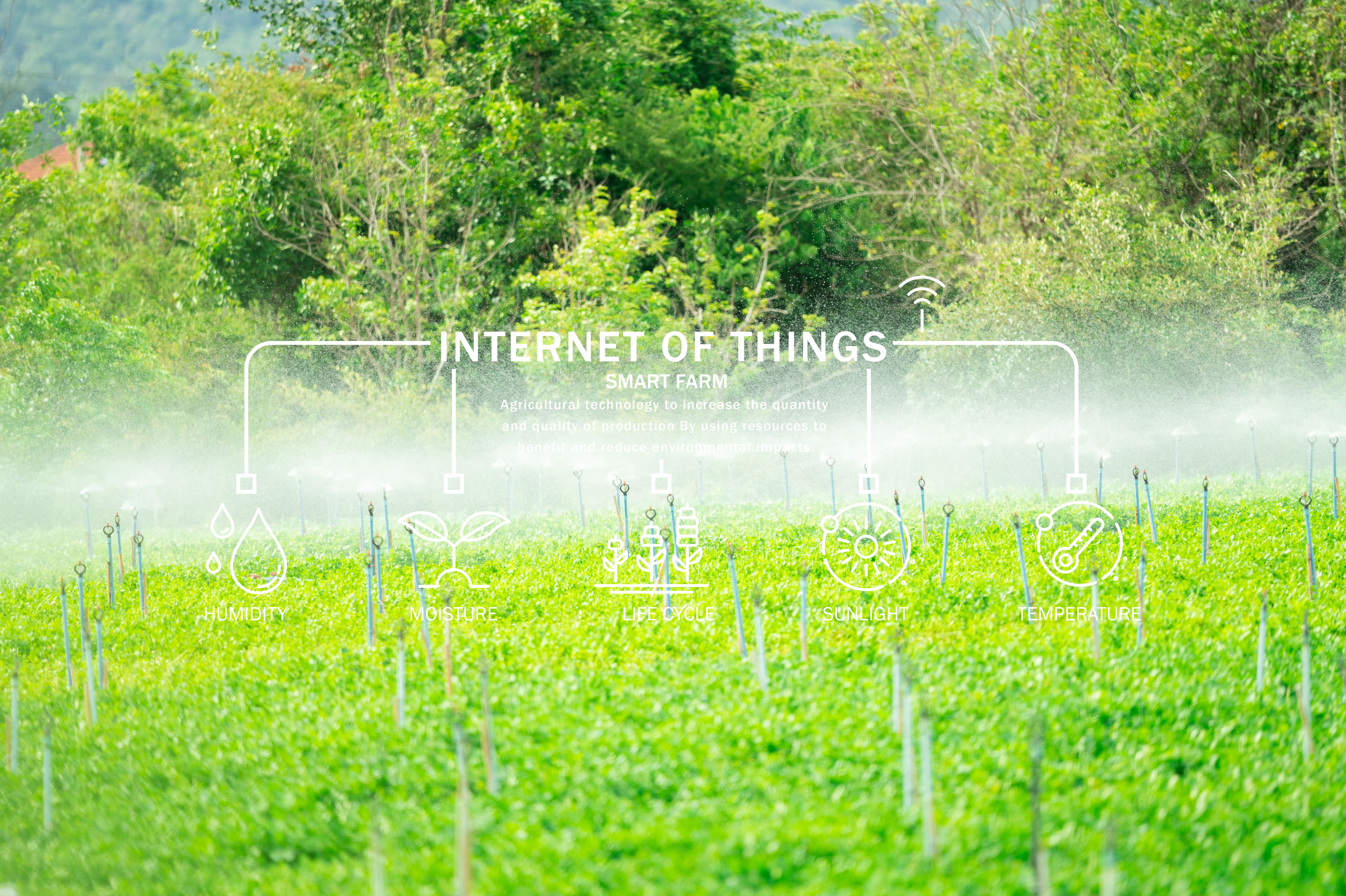
Community-Based Irrigation Projects
Collaboration among farmers is another innovative approach to sustainable irrigation. Community-based projects pool resources and share infrastructure to create efficient irrigation networks. This collective effort not only reduces individual costs but also fosters knowledge exchange and mutual support among farmers.
Such projects often receive support from NGOs and government programs, which provide training and financial assistance. By working together, communities can implement large-scale irrigation solutions that benefit all members.
Conclusion
Innovative irrigation solutions are vital for achieving sustainable agriculture in Africa. From drip irrigation to solar-powered systems and smart technologies, these methods offer promising pathways to enhance food security and economic stability across the continent. By embracing these innovations, African farmers can overcome environmental challenges and ensure a prosperous future for generations to come.
